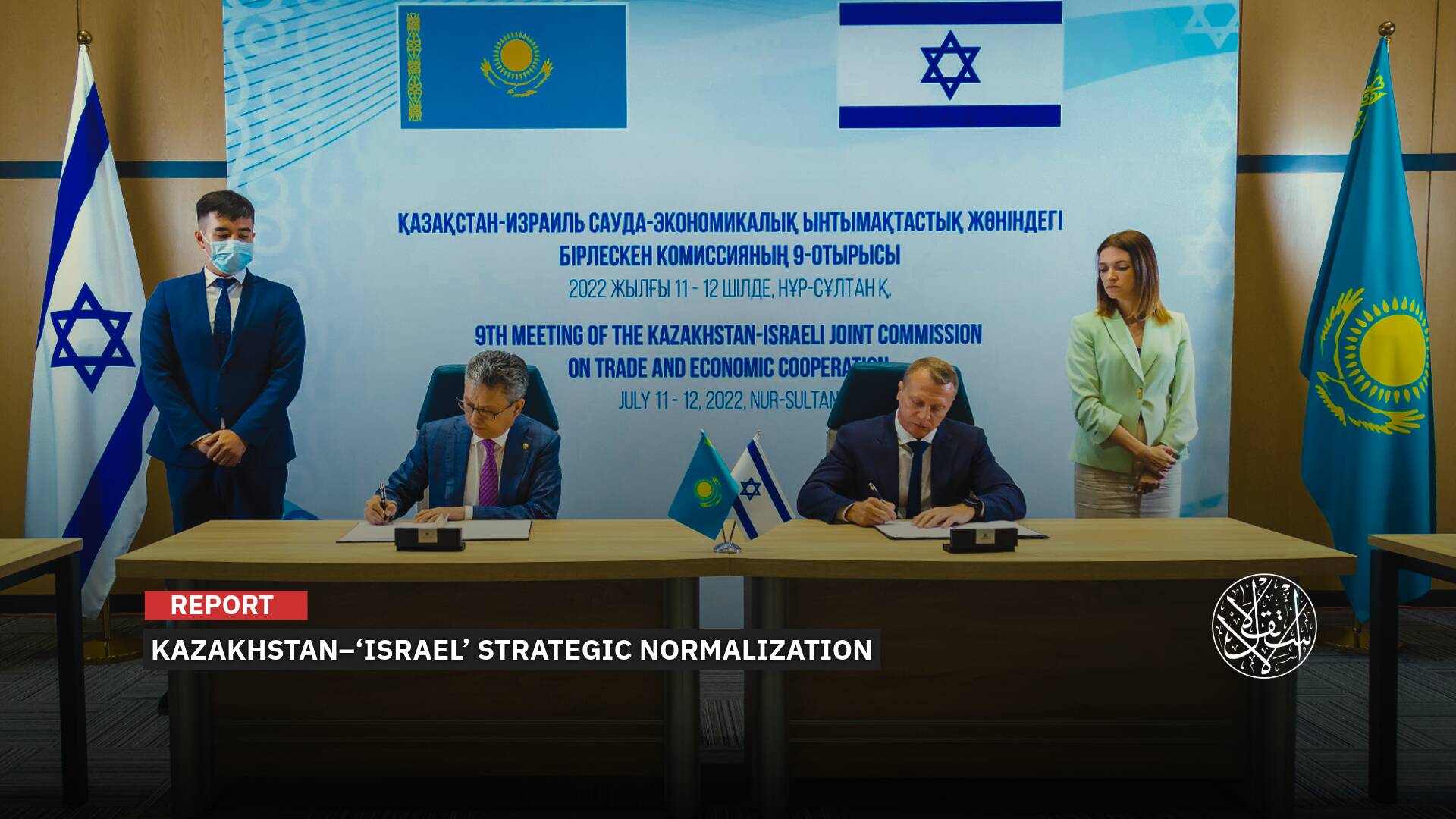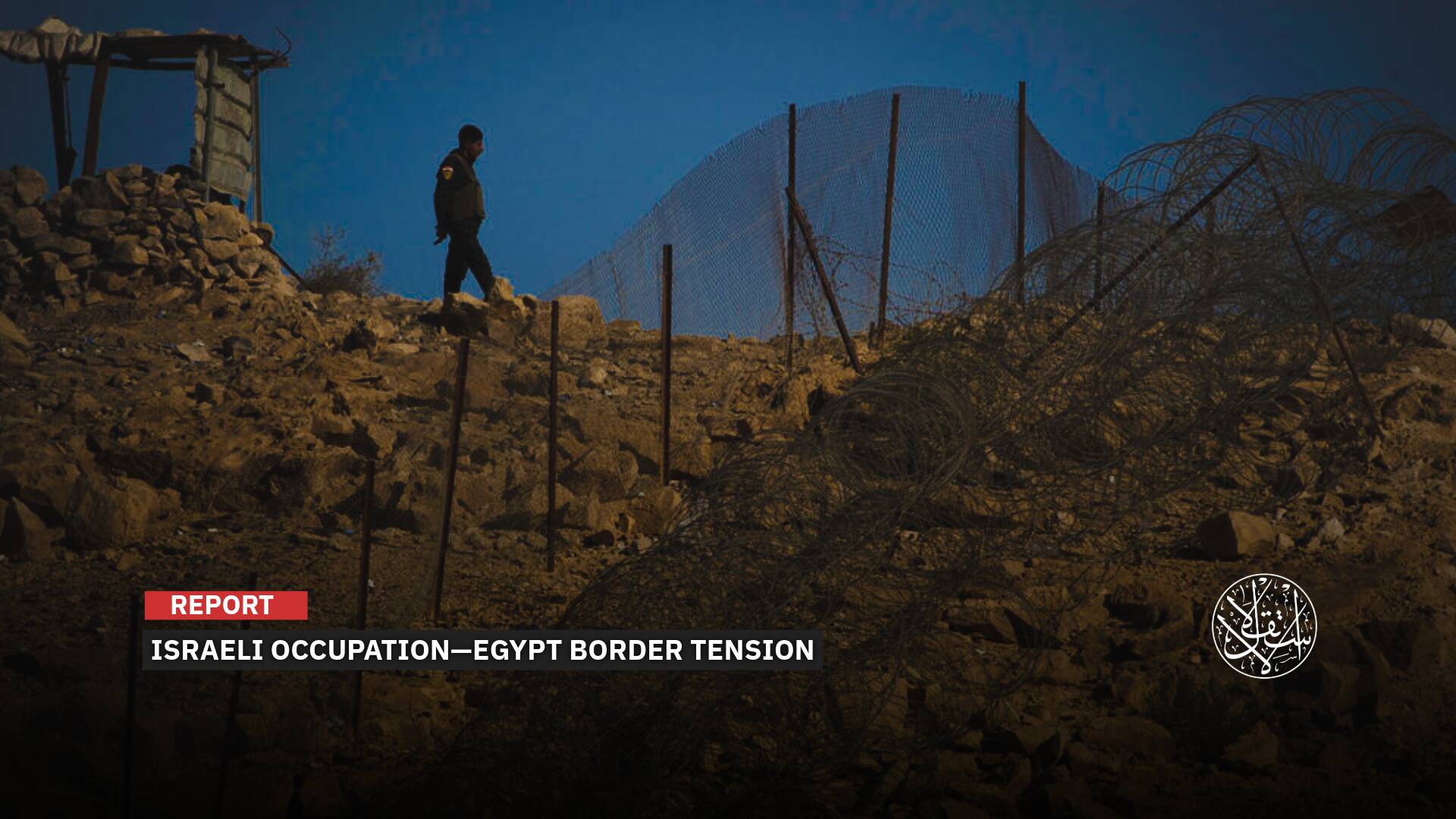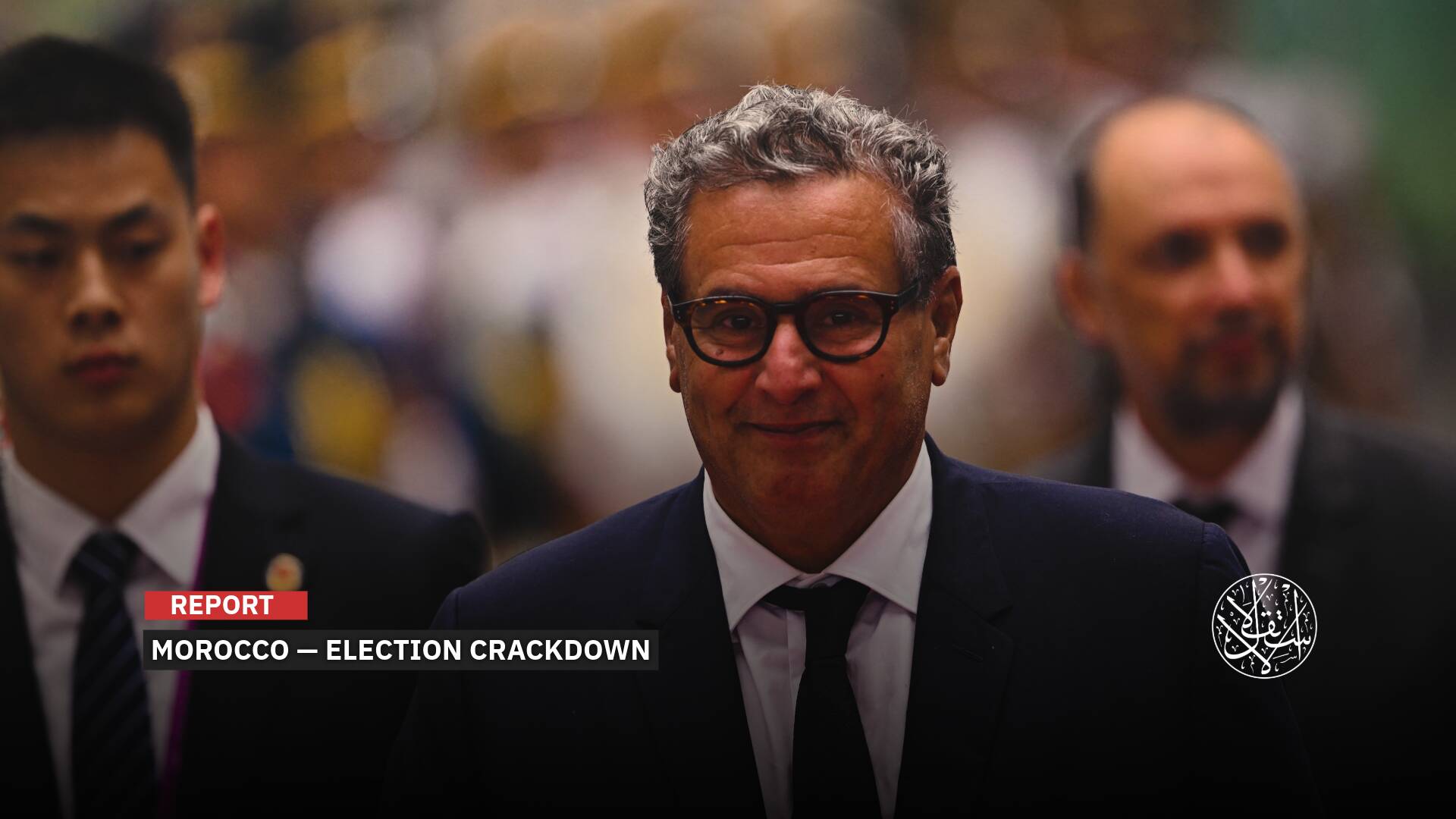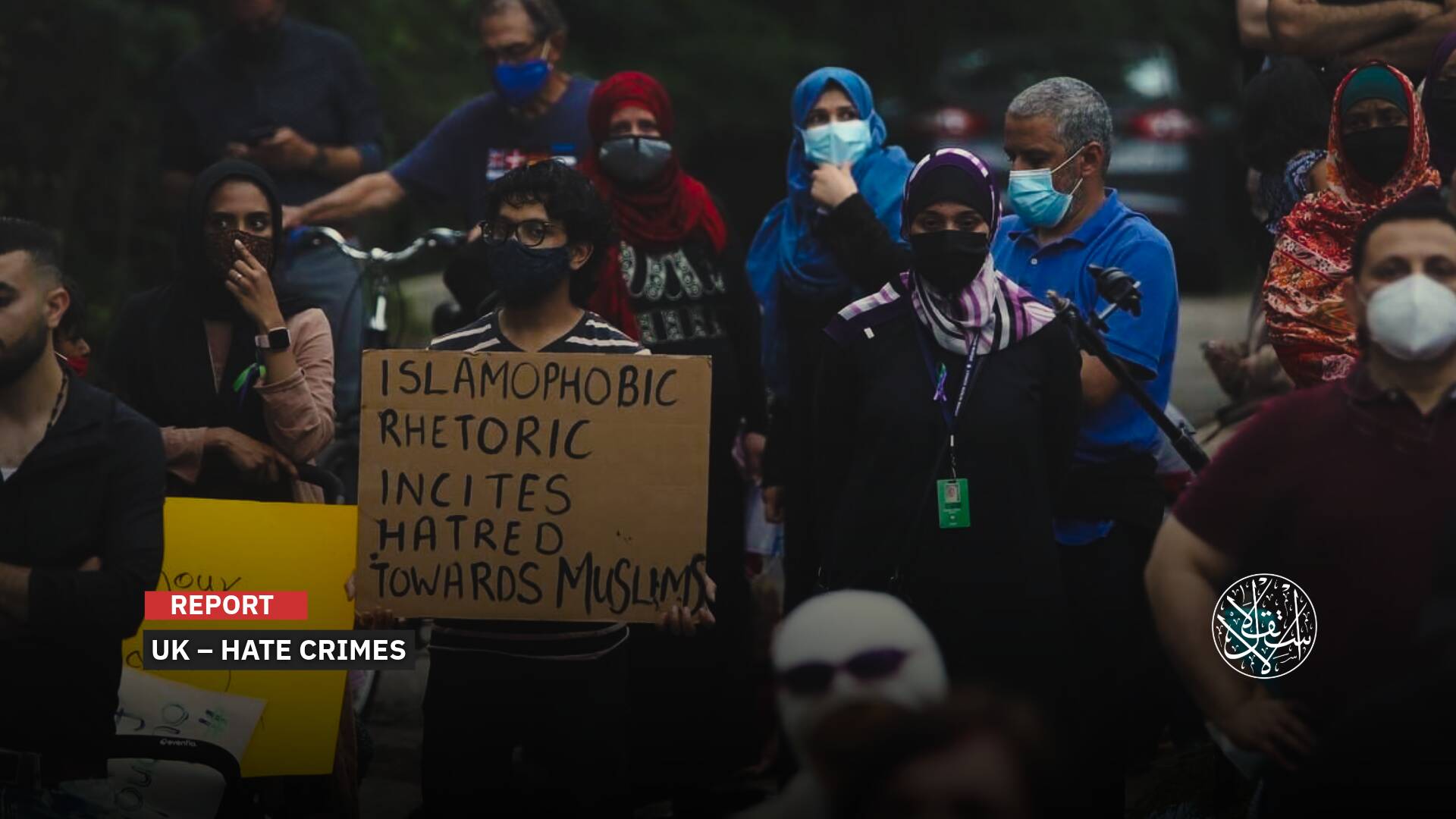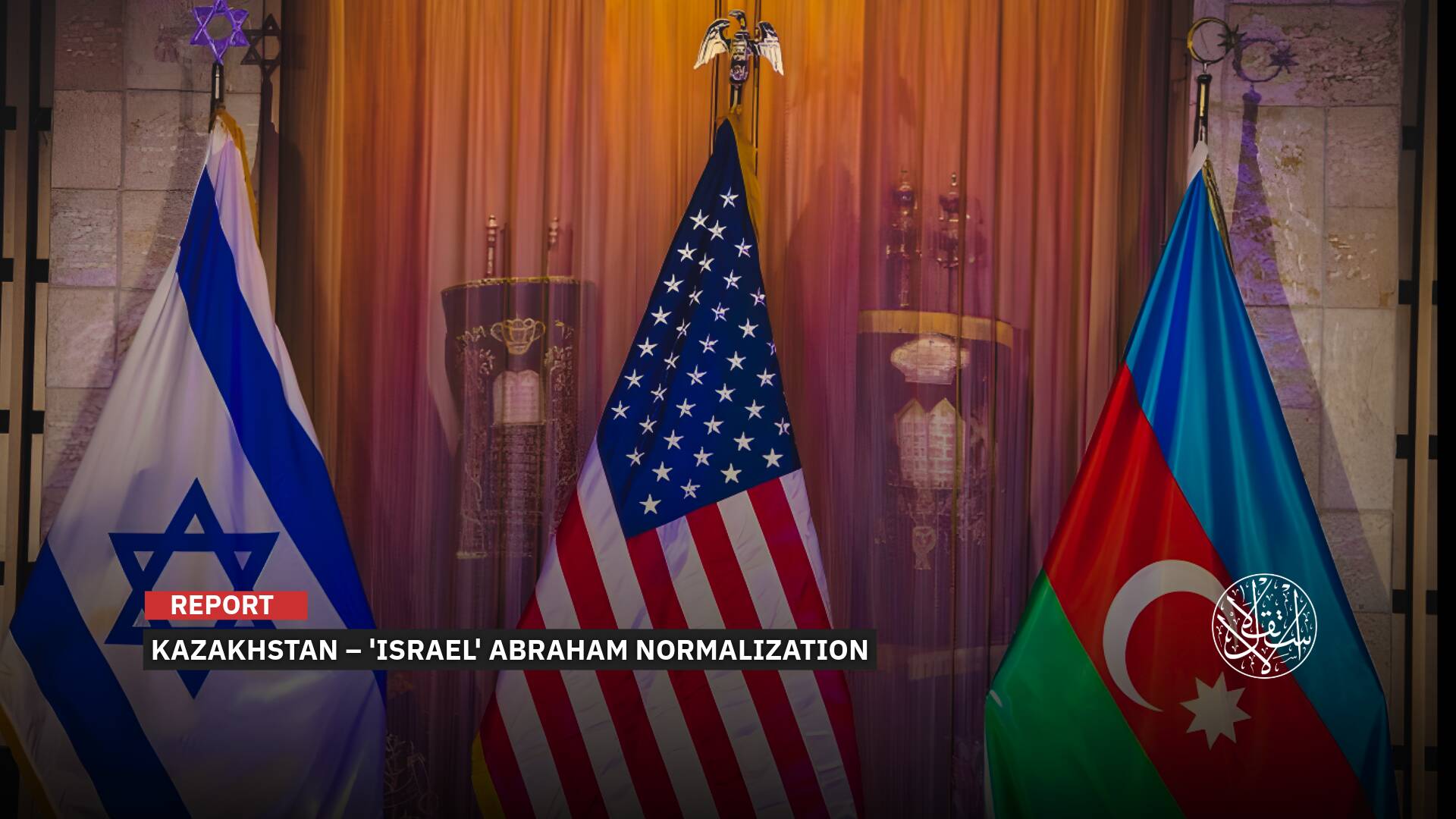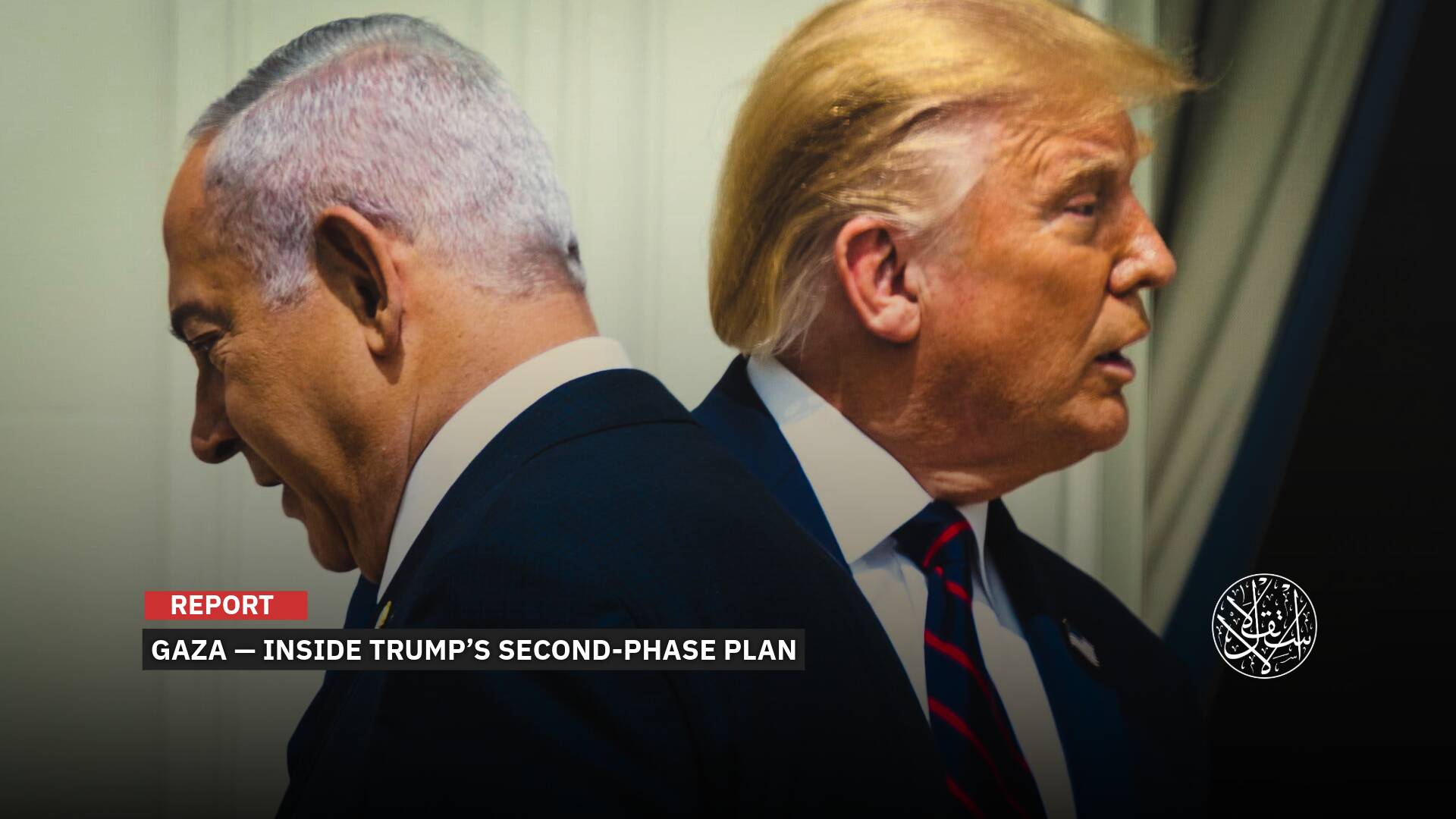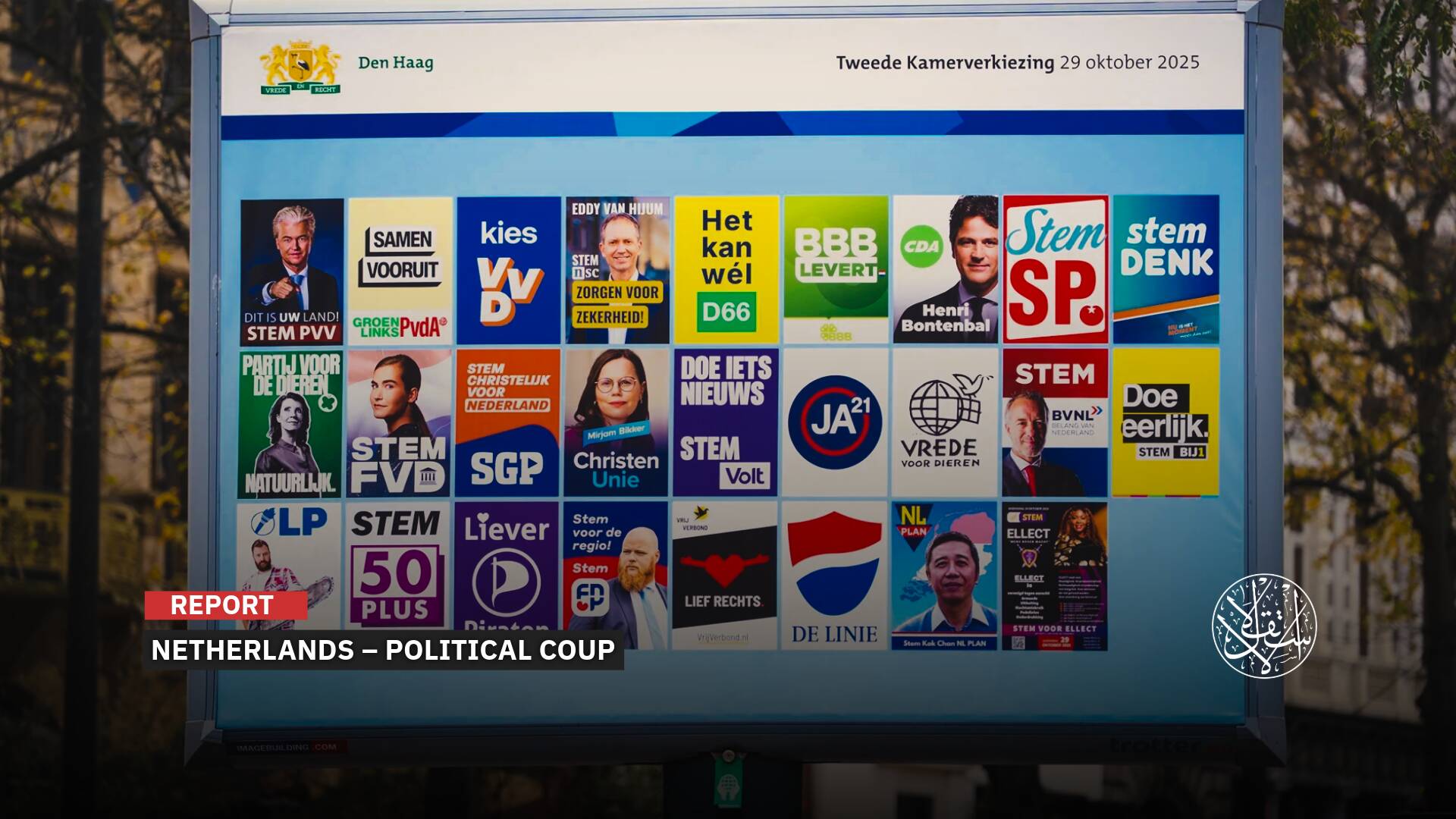Pragmatic Policy: How Malaysia Is Trying to Boost Its Presence on International Stage

“China has been Malaysia’s top trading partner for the past 15 years in a row.”
Malaysia is one of the most important regional countries in Southeast Asia, the important geopolitical arena where the strategic competition between the United States and China has been intense in recent years.
It also has an active diplomatic role in the region due to its status as a founding member of the Association of Southeast Asian Nations (ASEAN), in addition to its continued pursuit of a balanced relationship with major powers.
In addition, recent developments, such as Malaysia’s interactions with Hamas following Operation Al-Aqsa Storm, have highlighted Kuala Lumpur’s foreign role in various regional and international issues globally.
Since October 7, 2023, Malaysia has taken a tough stance over Israel’s war on Gaza, with Malaysian Prime Minister Anwar Ibrahim emerging as one of Israel’s most vocal critics.
Anwar faces another challenge, which is maintaining a balanced approach to foreign policy between the West and the East, amid the geopolitical complexities surrounding his country.
Kuala Lumpur engages well with the United States and Europe, while at the same time maintaining excellent bilateral relations with China, South Korea, and Japan.
According to the Financial Times, Anwar Ibrahim has helped revive Malaysia’s economy after years of mismanagement and instability, with the country’s GDP growing by 3.7% in 2023, prioritizing boosting the manufacturing, energy, and industrial sectors.
Steadfast Support
Since Anwar Ibrahim took over as Malaysia’s PM in November 2022, he has worked to shape the country’s policy towards the Middle East.
He praised Ankara’s diplomatic skill in balancing relations between global powers, saying: “The region should learn diplomatic skills from President Recep Tayyip Erdogan.”
On the other hand, Malaysia has sought to develop cooperation ties with Iran, including sending the Malaysian foreign minister on a working visit to Iran in August 2023.
Following this, two bilateral meetings were held between the Malaysian PM and former Iranian president Ebrahim Raisi, on the sidelines of the UN General Assembly in New York, followed by another meeting during the joint Arab-Islamic summit in Riyadh.
In the same context, Malaysia’s PM was keen to communicate with the main regional powers in the Gulf Cooperation Council countries, especially Saudi Arabia and the UAE, which aligned with his goal of boosting foreign investment in the country and strengthening trade ties.
He has adopted a firm stance on Islamic issues worldwide, especially the Palestinian cause, which was evident following the Israeli war on Gaza, during which he defended the Malaysian government’s relations with Hamas.
Although Western officials urged Malaysia to condemn Hamas, the government did not agree to Western pressure, strongly opposing US efforts to intensify sanctions against Hamas.
A few days after Operation Al-Aqsa Storm, PM Anwar Ibrahim made an official phone call to Ismail Haniyeh, head of Hamas’s political bureau, expressing Malaysia’s steadfast support for the Palestinian people.
Regarding the Red Sea attacks, the Malaysian PM ruled out condemning the Houthi attacks at sea, explaining that the problem did not begin with the operations launched by Yemeni groups, but with Israel’s aggression on Gaza.
Despite the lack of diplomatic relations between Malaysia and “Israel”, Israeli ships were able to dock at Malaysian ports near the Straits of Malacca, but Ibrahim suspended this in response to Israel’s actions in Gaza.
In December 2023, Malaysia’s government imposed a ban on all Israeli-owned and flagged ships, as well as any vessels headed to Israel, from docking at its ports.
On his part, Malaysian Finance Minister Amir Hamzah Azizan said that Malaysia has not banned any company from investing in Malaysia, but it maintains its position that Israeli-owned companies will not be allowed to do so in any part of its territory.
Ibrahim has also led mass pro-Palestinian demonstrations in his country, describing the situation in the Gaza Strip as crazy and barbaric, and criticizing Western countries for their continued indifference and silence over the war.
In a joint press conference with the German chancellor, PM Anwar Ibrahim said that Malaysia’s foreign policy position is very clear and has not changed, as it stands against colonialism, apartheid, ethnic cleansing, and forced displacement in any country, whether in Ukraine or Gaza.
While Scholz said: “We support Israel's right to defend itself against Hamas,” Ibrahim responded by saying: “Why this hesitant and contradictory position towards one race and another? Where is your humanity?”
Stressing its support for an independent Palestinian state with East Jerusalem as its capital, Malaysia called on Israel to fulfill its obligations under international law and immediately stop its atrocities against Palestinians.
Malaysia has donated over $4.2 million in aid to Palestinians since October last year. This is in addition to Malaysia’s annual commitment of $200,000 to the UN Refugee Agency for Palestinians (UNRWA) from 2021 through next year.
Malaysia’s PM also recently praised South Africa’s lawsuit against the Israeli occupation at the International Court of Justice (ICJ), affirming his country’s full support for this move.
On July 2, he also expressed his country's readiness to cooperate with Indonesia to send UN peacekeeping forces to Palestine to ensure a ceasefire in the Strip.
Malaysia and Indonesia say that the United States and its allies are using double standards when comparing what the Palestinians are subjected to with what the Ukrainians are subjected to, which is contrary to the rules of the international order and indicates its lack of credibility.

Strategic Orientation
Despite Anwar Ibrahim's statements at the beginning of his tenure that Malaysia would remain non-aligned and would not risk getting involved in major power conflicts, 2023 has witnessed significant developments in bilateral relations between Kuala Lumpur and Beijing compared to the level of Malaysian-American relations, which has raised doubts about Malaysia's strategic orientation in the coming period.
Anwar has held several high-level meetings with senior Chinese officials, including President Xi Jinping, Foreign Minister Wang Yi and Premier Li Keqiang.
He has also travelled to China twice in a year, during which the two countries agreed on a plan for economic and trade cooperation that will run until 2028.
The visits saw the signing of memoranda of understanding and billions of dollars in investments, including a $10.6 billion railway project that is a key part of China’s Belt and Road Initiative.
During the visits, memoranda of understanding and billions of dollars in investments were made, including a $10.6 billion railway project that is a key part of China's Belt and Road Initiative.
On the other hand, Malaysia’s PM has not held any meetings with senior US officials, despite stable relations between the two sides.
This is due, according to observers, to the lack of US interest in Kuala Lumpur, with recent trips by US leaders to Southeast Asia ignoring Malaysia, prioritizing other countries such as Vietnam.
Anwar Ibrahim has condemned the so-called ‘China-phobia’ among the United States and some of its Western allies, rejecting Western criticism of Kuala Lumpur over its trade and political ties with Beijing.
He also noted that the closeness in bilateral relations between Kuala Lumpur and Beijing stems from geographical proximity, in addition to the fact that China has been Malaysia’s top trading partner for the past 15 years in a row.
Moreover, 2024 marks the golden jubilee of the establishment of diplomatic relations between Malaysia and China, which is likely to see efforts to elevate relations to higher levels.
On the other hand, Malaysia was among most Southeast Asian countries that strongly condemned Russia’s invasion of Ukraine in February 2022.
On the other hand, Kuala Lumpur did not join in imposing sanctions on Moscow, but at the same time voted with the United States at the United Nations General Assembly in March 2022 to condemn the war in Ukraine.

Neutral Malaysia
Ongoing trade tensions between the United States and China have helped position Malaysia as a major source of raw materials, new parts, components, and finished products for companies looking to reduce their reliance on either superpower.
In addition, several tech companies have moved to open new factories in the Southeast Asian nation, including China’s Fengshi Metal Technology, which expanded its operations in northern Malaysia in 2022 to manufacture semiconductor equipment.
This comes at a time when several other foreign companies are expanding there, including US chip giants Micron and Intel, and European semiconductor companies such as AMS Osram and Infineon.
This competition has pushed Kuala Lumpur to become a major investment destination in the region.
In terms of foreign investment witnessed by Malaysia, the country attracted $12.8 billion in 2023, which is more than the total investments it received from 2013 to 2020 combined.
According to a statement issued by the Malaysian Investment Development Authority in February 2024, Malaysia accounts for 13% of the global market for chip packaging, assembly, and testing services.
Exports of semiconductor devices and integrated circuits also reached $81.4 billion in 2023, despite weak global demand for chips.

Amid the absence of Southeast Asia from BRICS, Malaysia has announced that it will apply for membership in BRICS, with a high probability of being accepted.
Malaysia’s PM explained that Malaysia is committed to the Global South, and its potential BRICS membership would be of strategic importance given the location of the Malacca Strait as an important passageway linking the Pacific and Indian Oceans.
He said he was relieved that the world was no longer unipolar, with BRICS providing a glimmer of hope for checks and balances in the world.
“We can no longer accept a scenario where the West wants to control the narrative because the reality is that they are no longer colonial powers and independent nations should be free to express themselves,” he added.
Malaysia currently has seven bilateral free trade agreements (FTAs) with countries (Australia, Chile, India, Japan, New Zealand, Pakistan, and Turkiye). In addition, Malaysia participates in several free trade agreements within the framework of the ASEAN.
Sources
- PM Anwar: Malaysia ready to partner with Indonesia in Gaza peacekeeping mission
- Malaysia sees legal case against Israel by South Africa as 'tangible step' towards accountability
- Malaysia’s prime minister decries ‘China-phobia’ among US and western allies
- Malaysia set to join BRICS, says Anwar
- Malaysia: the surprise winner from US-China chip wars
- Anwar meets Hamas leader Ismail Haniyeh in Qatar
- What Anwar China Rhetoric Says About Malaysia Foreign Policy [Study]
- Malaysia’s 50 years of China pragmatism hits a US rivalry roadblock


